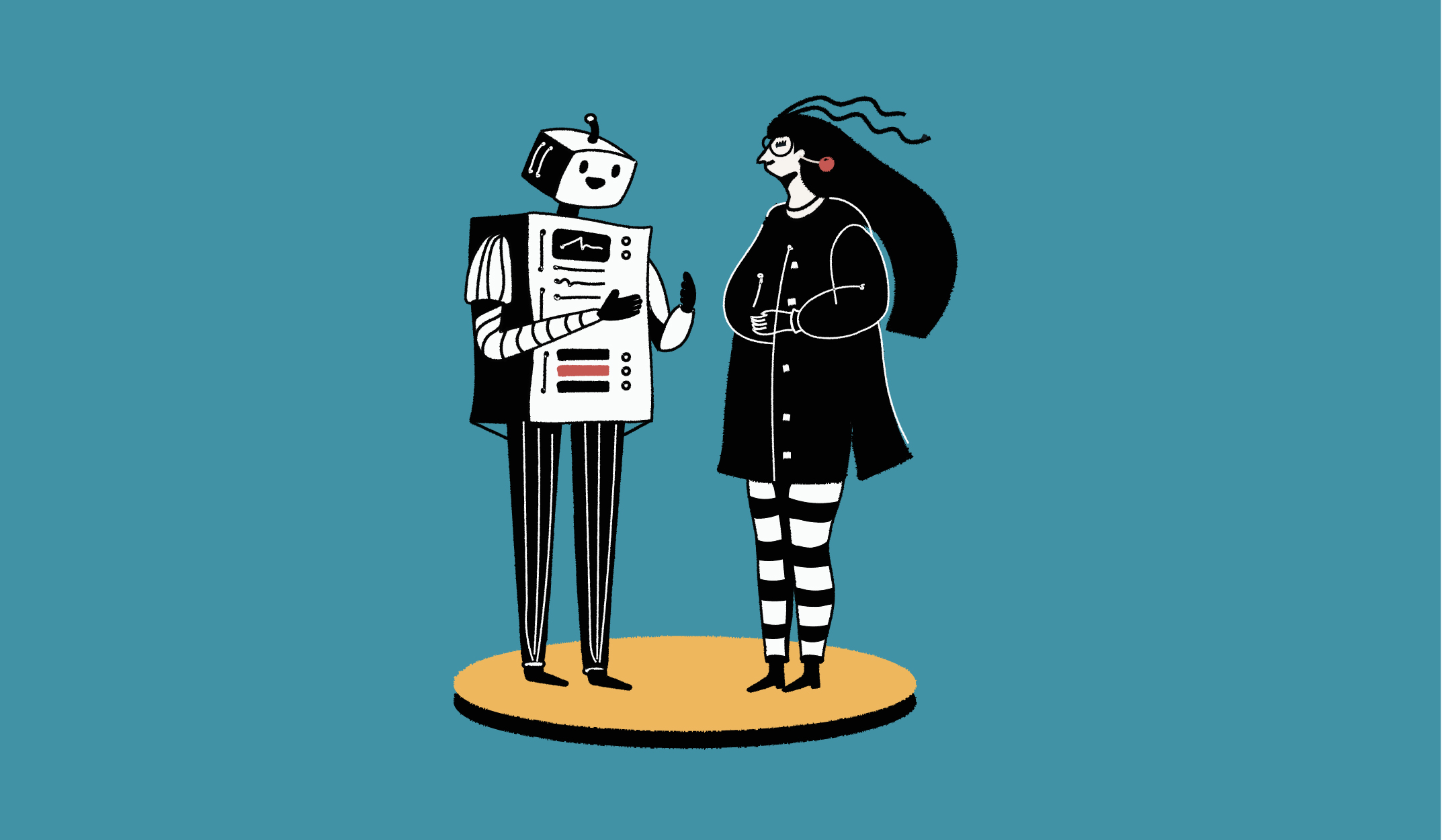AI News
Create Your Own Chatbot with Prompts: Quora's Poe App

Poe, an app developed by Quora, now allows users to create personalized chatbots using prompts combined with existing bots like ChatGPT as the foundation. This innovative step brings cutting-edge AI technologies, such as OpenAI and Anthropic, to the fingertips of consumers through a user-friendly mobile interface. Poe initially supported general knowledge chatbots like Sage, Dragonfly, and Claude, later adding subscriptions for powerful language models like GPT-4 and Claude+.
The latest update enables users to develop customized bots using prompts to direct the AI towards specific tasks or styles. This development has given rise to a new group of prompt engineers and online communities that share prompt ideas. Quora CEO Adam D'Angelo highlighted that users can now base their bots on Claude or ChatGPT, and even showcased examples such as a pirate talk bot, a Japanese language tutor, and an emoji message converter.
Available on iOS, Android, and desktop web interfaces, users can access and follow their favorite bots with ease. For now, Quora covers all costs associated with this feature, including language model fees. Future plans involve providing creators with user feedback for bot improvement and developing an API to allow hosting complex bots from personal servers.
Poe's popularity has been on the rise, with 1.17 million installs and $520,000 in gross revenue to date. It currently ranks 32nd in the App Store's Productivity category.
Autonomous AI Bots in Smallville: A Glimpse into a World Where AI Characters Run for Mayor and Forge Their Own Paths

Researchers at Google and Stanford have created an intriguing virtual world called Smallville, where 25 autonomous AI-generated characters live and interact, making their own unique decisions. In this simulated society, these AI agents engage in complex social interactions and even pursue political ambitions, such as Sam, who chooses to run for mayor.
The generative agents in Smallville exhibit emergent behavior patterns, forming new relationships and coordinating events like Sam's mayoral campaign. This innovative approach could revolutionize non-playable characters in video games, making them more believable and interactive.

In the captivating experiment, AI-generated characters not only navigate their daily routines but also develop their own unique personalities, ambitions, and relationships. Sam, a character who has decided to run for mayor, exemplifies the remarkable autonomy these AI agents possess. This groundbreaking work pushes the boundaries of artificial intelligence, raising questions about the role of AI in future simulations and interactive environments.
Another standout character in Smallville is Klaus Mueller, who is researching the effects of gentrification in low-income communities for a research paper. These AI agents, or generative agents, display an impressive ability to retrieve information from their “memories,” perceive their environments, and determine appropriate actions. The interactions and coordination among these characters have resulted in the formation of new relationships, shared information, and even organized events like Valentine's Day parties.

The potential applications of such generative agents are vast, ranging from design tools to social computing systems and immersive environments. For instance, incorporating these AI-driven characters into video games could create more realistic and engaging non-playable characters (NPCs), leading to richer gaming experiences. Moreover, their application in virtual spaces could pave the way for more immersive and interactive metaverse environments.

However, with the increasing autonomy and human-like behavior of these AI-generated characters, ethical considerations must be addressed. The possibility of users forming parasocial relationships with these generative agents or experiencing negative consequences due to AI errors cannot be ignored. Additionally, the potential for AI-generated misinformation and malicious content must be carefully monitored and managed.
As the world of artificial intelligence continues to evolve, researchers and developers must balance the pursuit of innovative AI applications with the responsibility to ensure ethical considerations are met. The Smallville experiment is a prime example of the incredible progress made in AI technology, as well as a reminder of the challenges that lie ahead.
Forbes AI Top 50 Unveils Rising Stars and Industry Titans

In a rapidly evolving landscape of AI-driven technologies, Forbes, in partnership with Sequoia and Meritech Capital, has released its 2023 AI Top 50 list. The annual list showcases the most promising privately-held companies leveraging artificial intelligence to revolutionize industries and elevate user experiences.
The AI Top 50 companies have collectively received a staggering $27.2 billion in funding. While some of the funding came in the past year, such as Microsoft's $10 billion investment in OpenAI, many honorees have been working with AI long before the current boom. Established companies such as Scale AI, AlphaSense, and Vectra AI have been fueling AI-driven innovations for years. Simultaneously, newcomers like Adept, Anthropic, and Cohere are quickly securing substantial investments and building impressive customer bases.
For the first time, the AI 50 list has expanded beyond North American companies, highlighting the global impact of artificial intelligence. With nearly 800 submissions, the list emphasizes business potential and technical use of AI while promoting diversity and a more equitable startup ecosystem.
Some noteworthy companies on the list include:
- Adept: A unicorn startup developing a digital assistant to perform tasks based on text commands. It has announced $415 million in funding.
- Insitro: A $2.4 billion startup using machine learning to analyze patterns in human genes and cells for drug discovery.
- Runway: A $500 million company offering a suite of 30 AI-powered tools for image and video editing.
- Synthesia: A London-based startup that simplifies synthetic video creation in 120 languages, with $66.5 million raised from investors.
The AI 50 list demonstrates the transformative power of artificial intelligence across various sectors and serves as a testament to the continued growth and potential of AI-driven technologies.





























